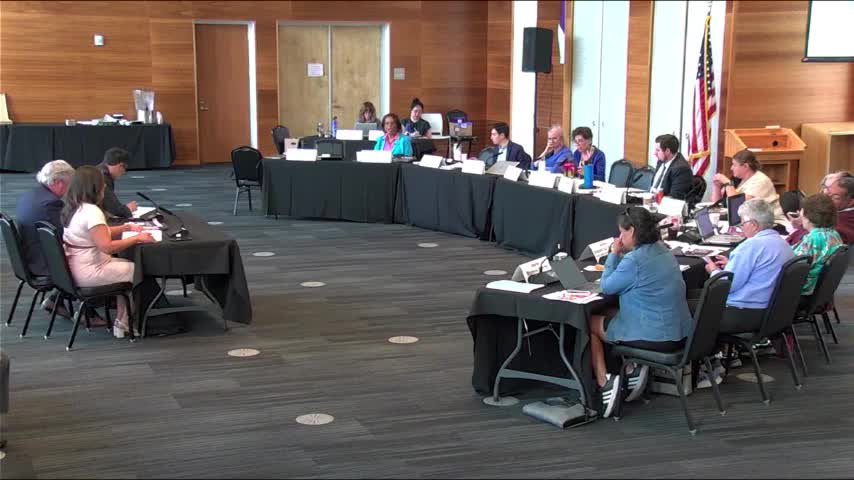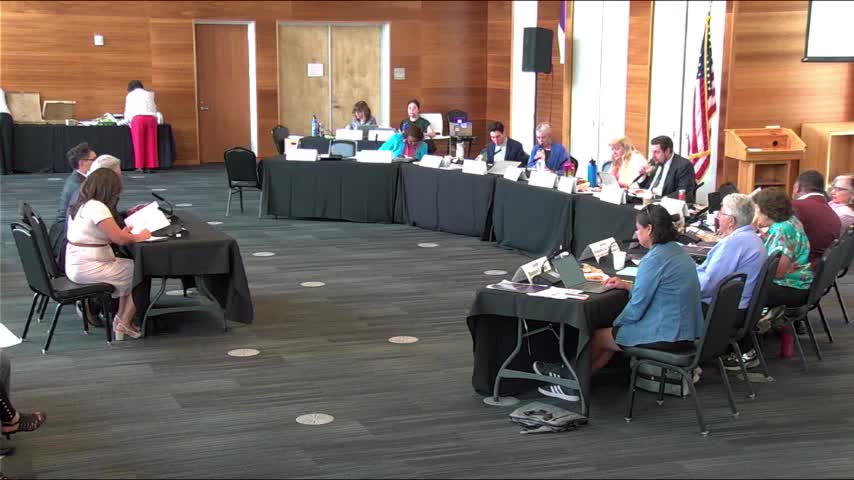Article not found
This article is no longer available. But don't worry—we've gathered other articles that discuss the same topic.

Luna Community College expands behavioral‑health training, seeks mobile lab to deliver rural education

State recruiter urges coordinated funding and agency capacity to fill nearly 900 provider vacancies

